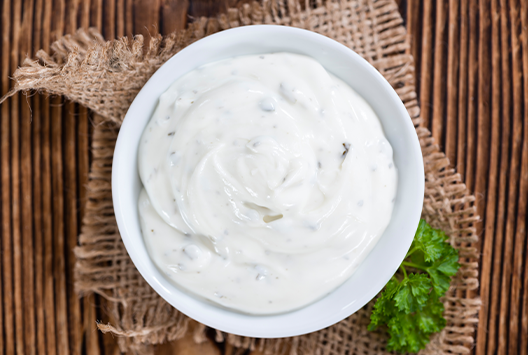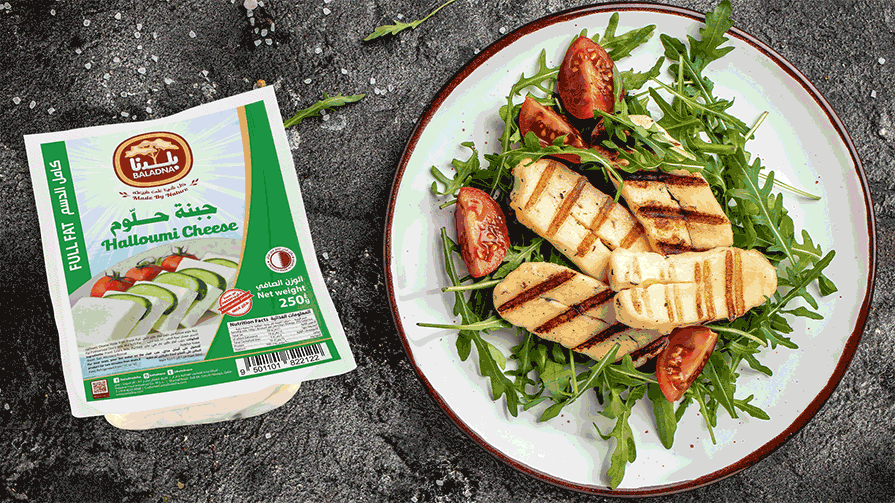
Everything You Need to Know About Akawi Cheese
Similar
Akawi is a type of cheese most commonly associated with Middle Eastern cuisine. It is a white cheese made from sheep’s or goat’s milk and has a salty, tangy flavor.
Akawi cheese is an essential ingredient in many Middle Eastern dishes and is a favorite among many cultures. It is commonly used in Middle Eastern dishes such as manakeesh, sambusek, and kunafa. It can also be used to top salads, sandwiches, and pizzas. It is also a great addition to sauces and dips. Akawi cheese is also a great ingredient when used in baking, as it adds a salty, creamy flavor to bread and pastries.
Akawi cheese is made from unpasteurized sheep’s or goat’s milk that is pressed and salted. The cheese is then aged for two to three months, forming its unique tangy flavor. Akawi cheese is light yellow in color. It has a distinctive soft texture and salty taste. The cheese is usually sold in blocks or rounds.
The health benefits of akawi
Akawi cheese is a healthy and nutritious food rich in protein and calcium. It is also a good source of vitamins A, B2, and B12, as well as minerals such as zinc and iron. Eating Akawi cheese can also help reduce cholesterol levels as it is low in saturated fat. Akawi cheese also contains probiotics, which can help improve digestion and boost the immune system.
Akawi cheese is an excellent choice for those looking to add delicious and healthy food to their diet. With its unique flavor and nutritional benefits, it is sure to be a hit in any meal.
Tips for using akawi cheese in cooking
Akawi cheese can be used in various dishes, from salads and sandwiches to pizzas and pastas. When using Akawi cheese in cooking, it is best to grate it before adding it to a dish. This will help to ensure that the cheese melts quickly and evenly.
Try adding herbs and spices such as oregano, thyme, and garlic to give a dish an extra boost in flavor. For a creamy, flavorful dip, try combining Akawi cheese with Greek yogurt and spices.
A salty and tangy addition to your cheese collection!
Akawi is a traditional and popular type of cheese used in Middle Eastern cuisine. It is made from soft, brined sheep's or goat's milk and is characterized by its salty and tangy taste and soft texture. The cheese is often eaten as a snack and is also used in a variety of traditional dishes. Akawi is an important part of the culinary heritage of Middle Eastern countries, and its unique flavor and texture make it an excellent addition to a variety of dishes.
Baladna is the best dairy and beverage company in Qatar. Shop our dairy products now and experience the difference.



